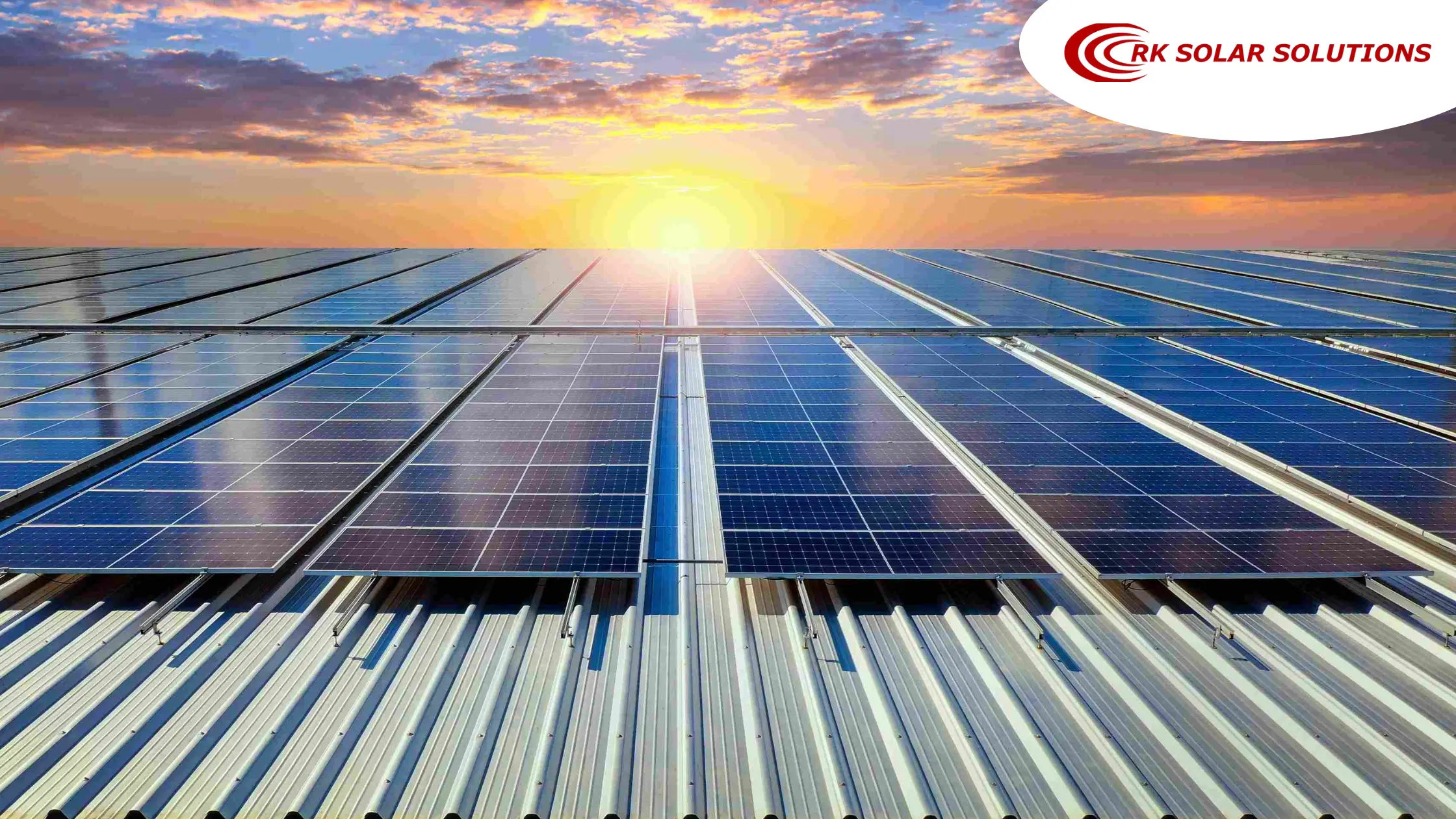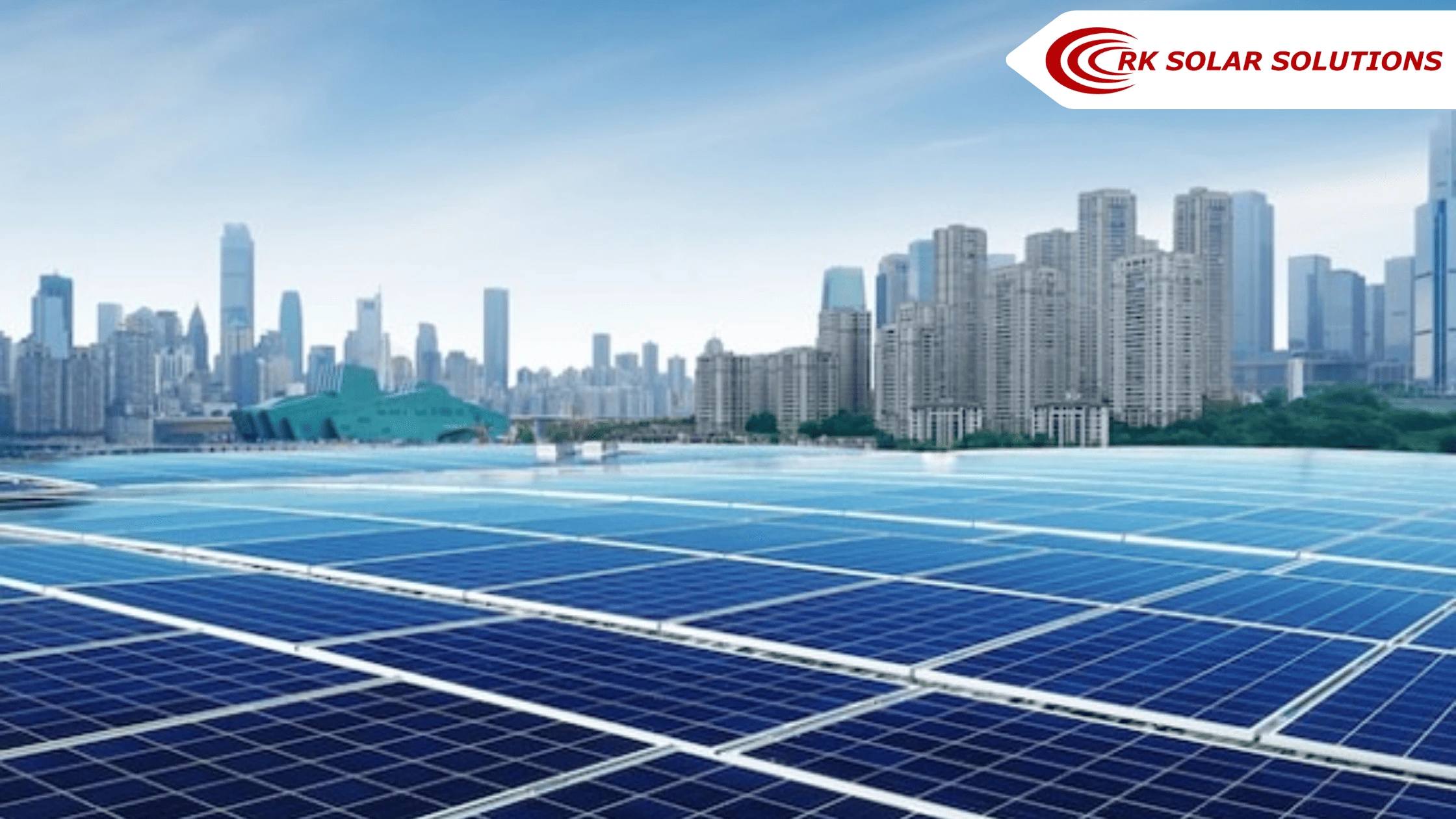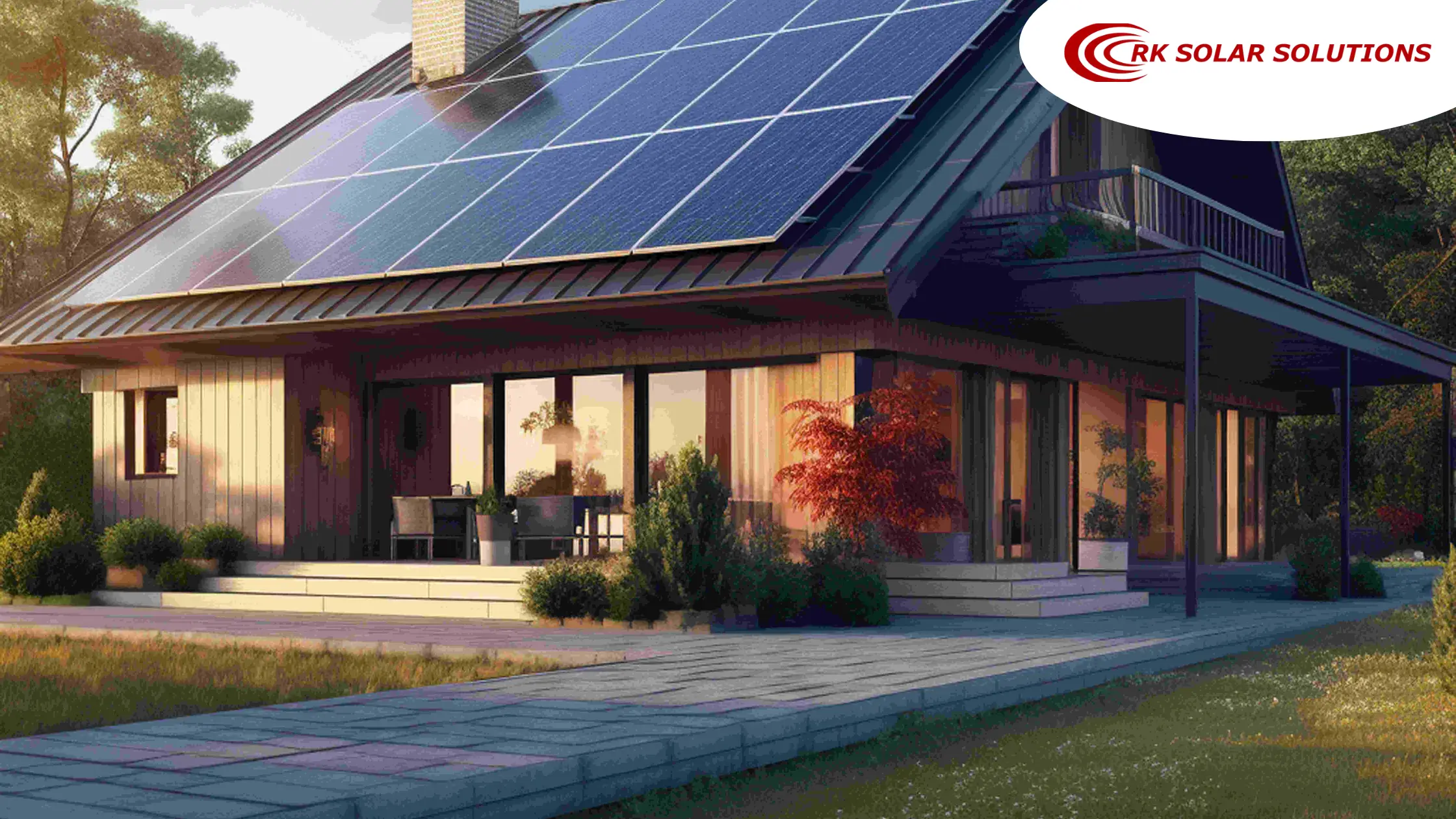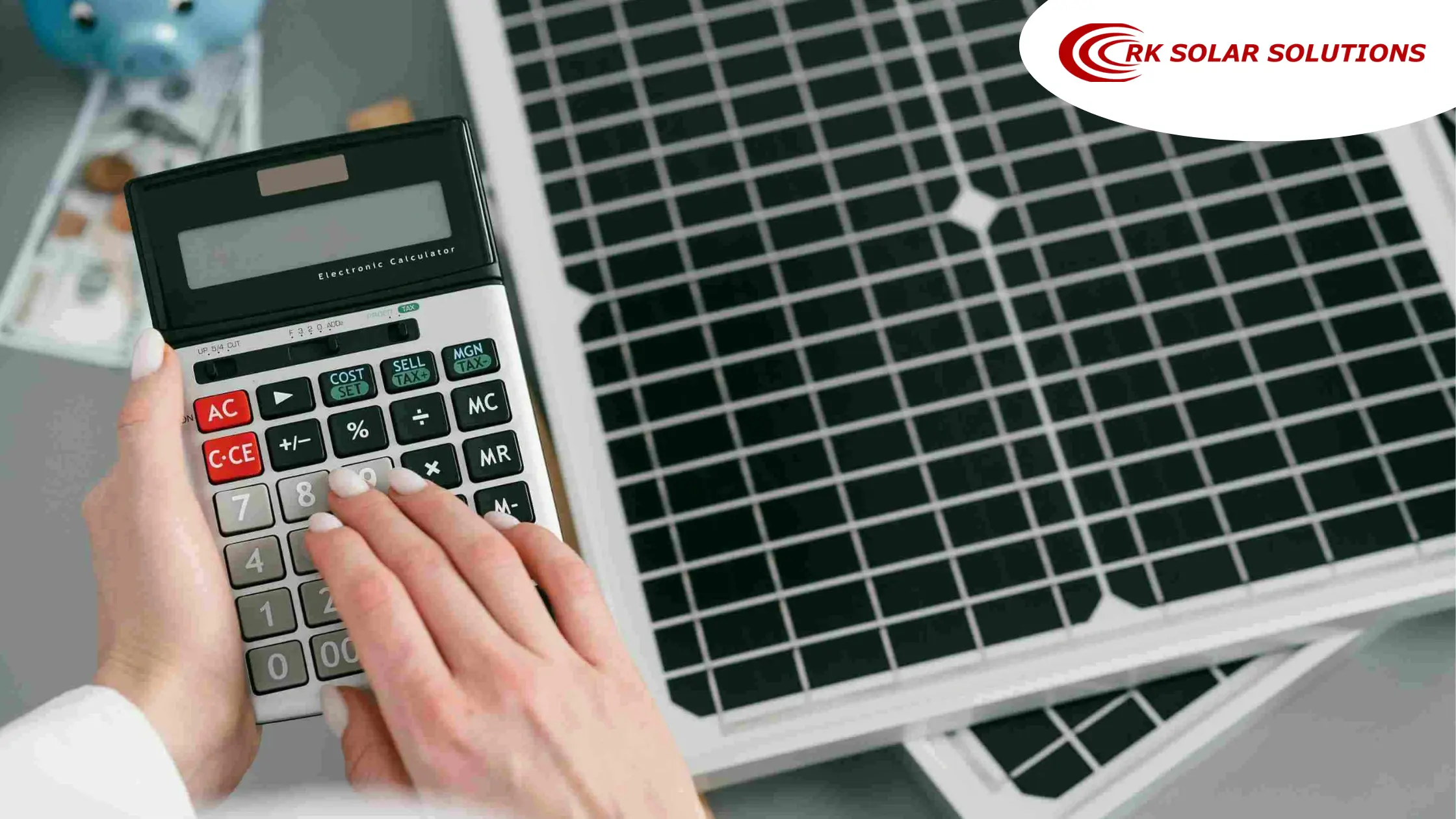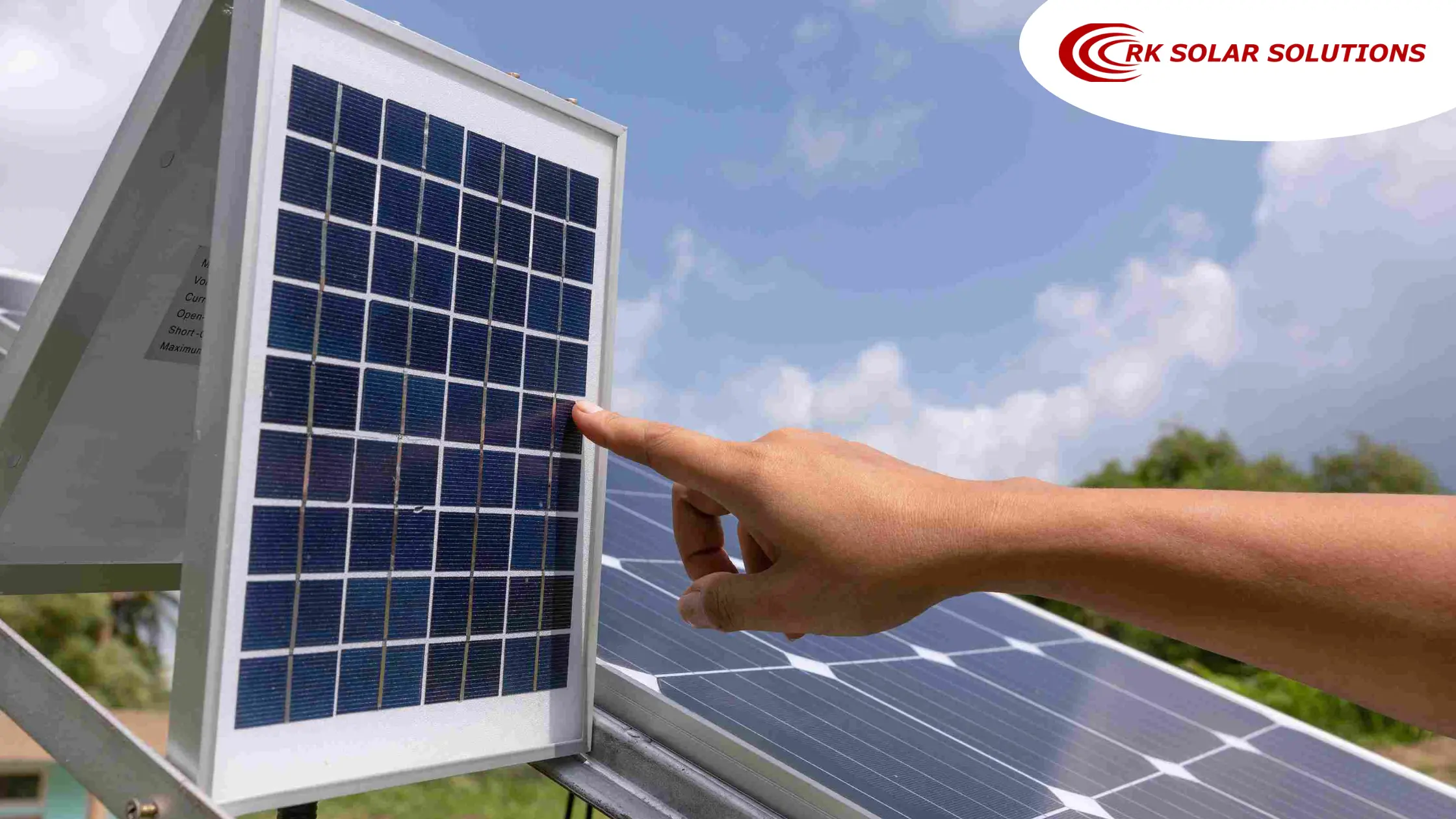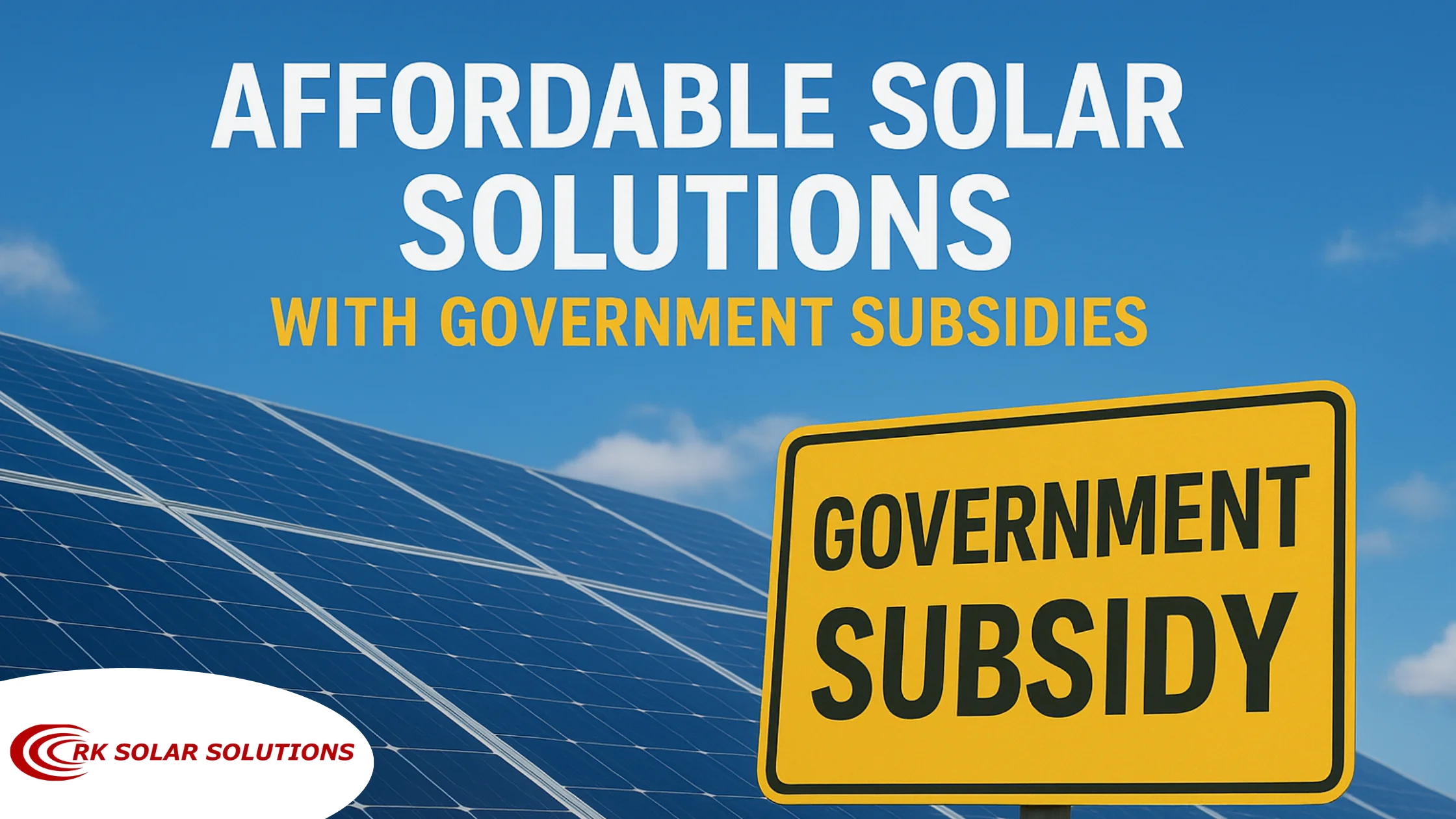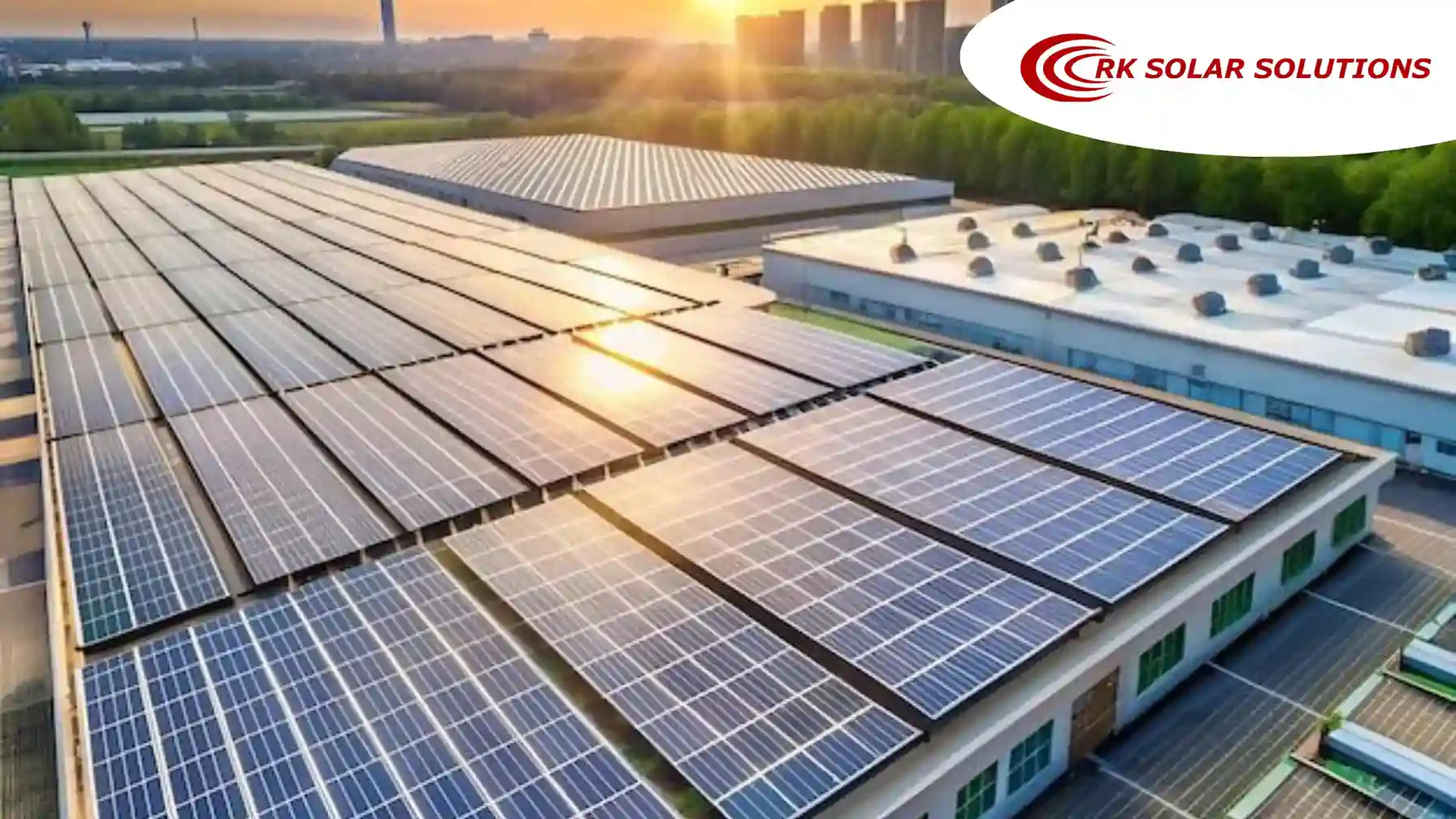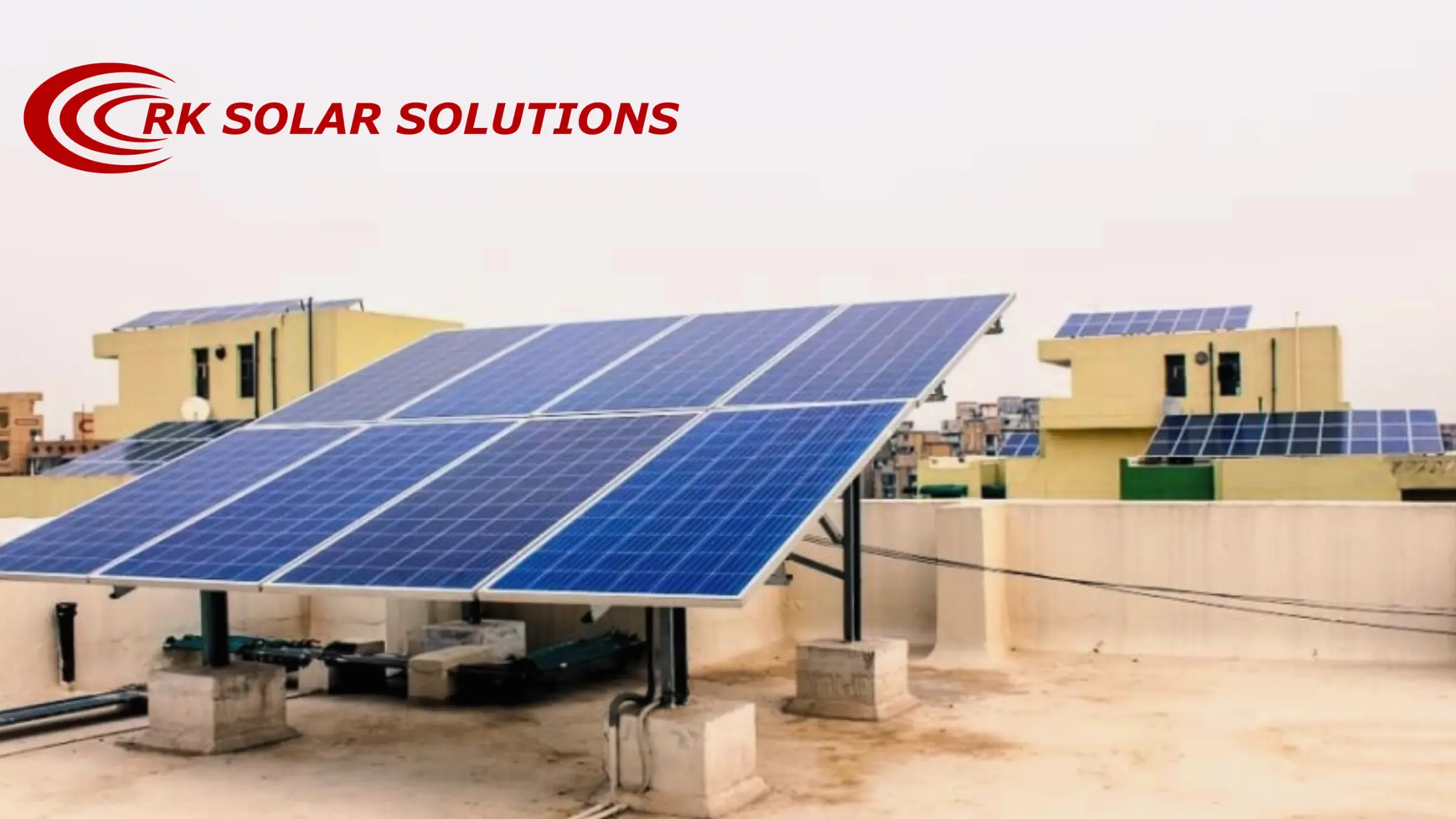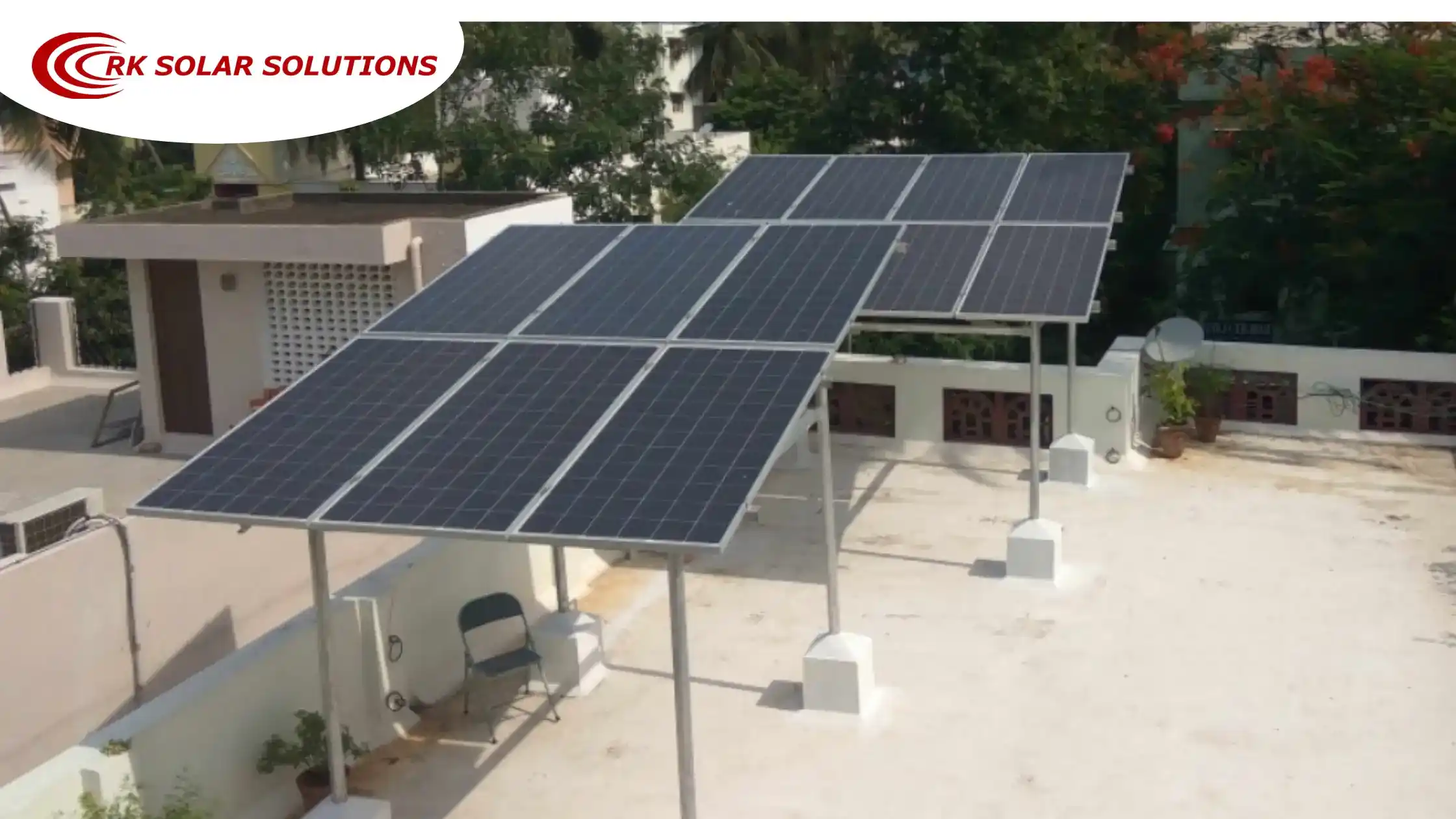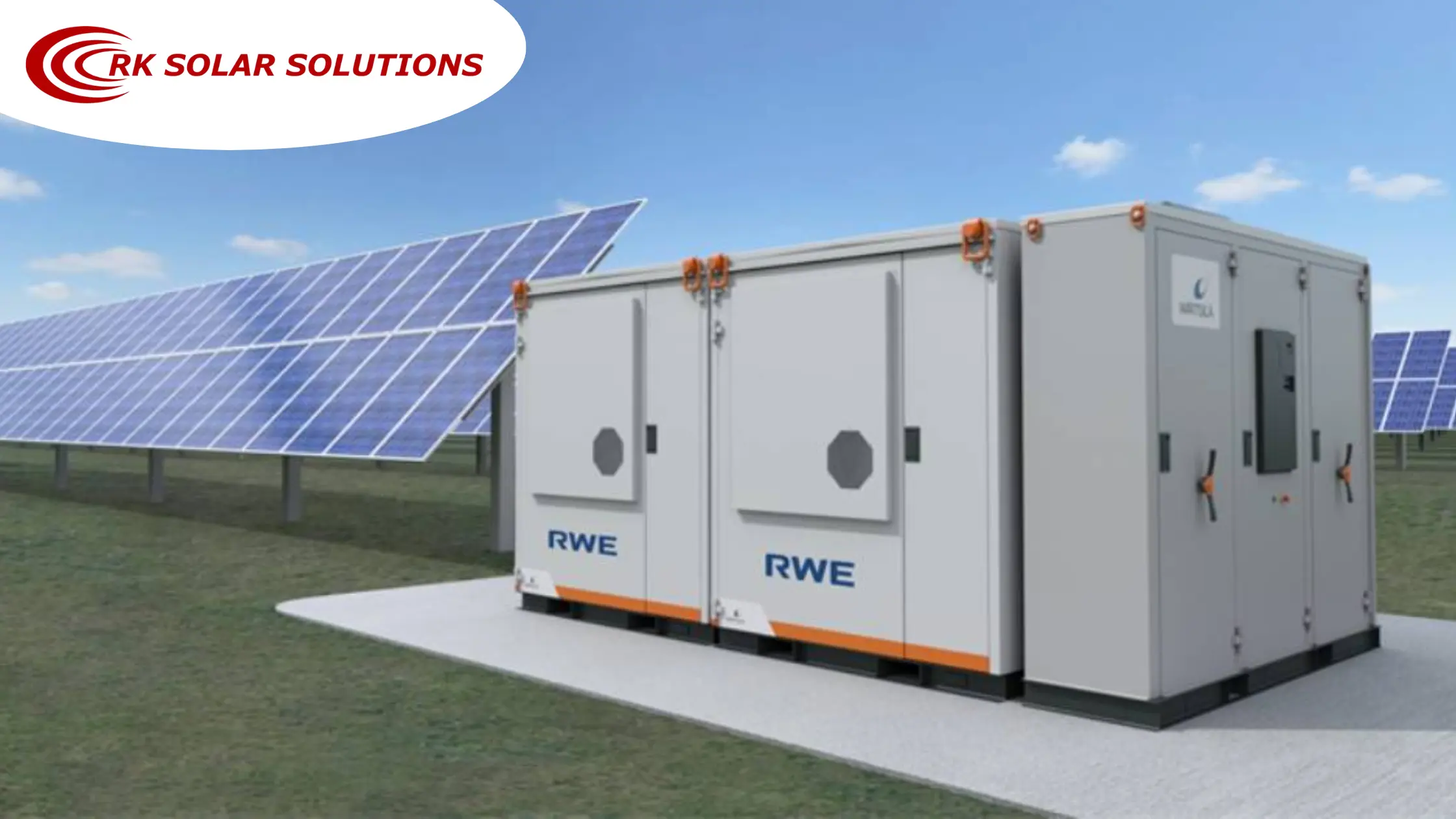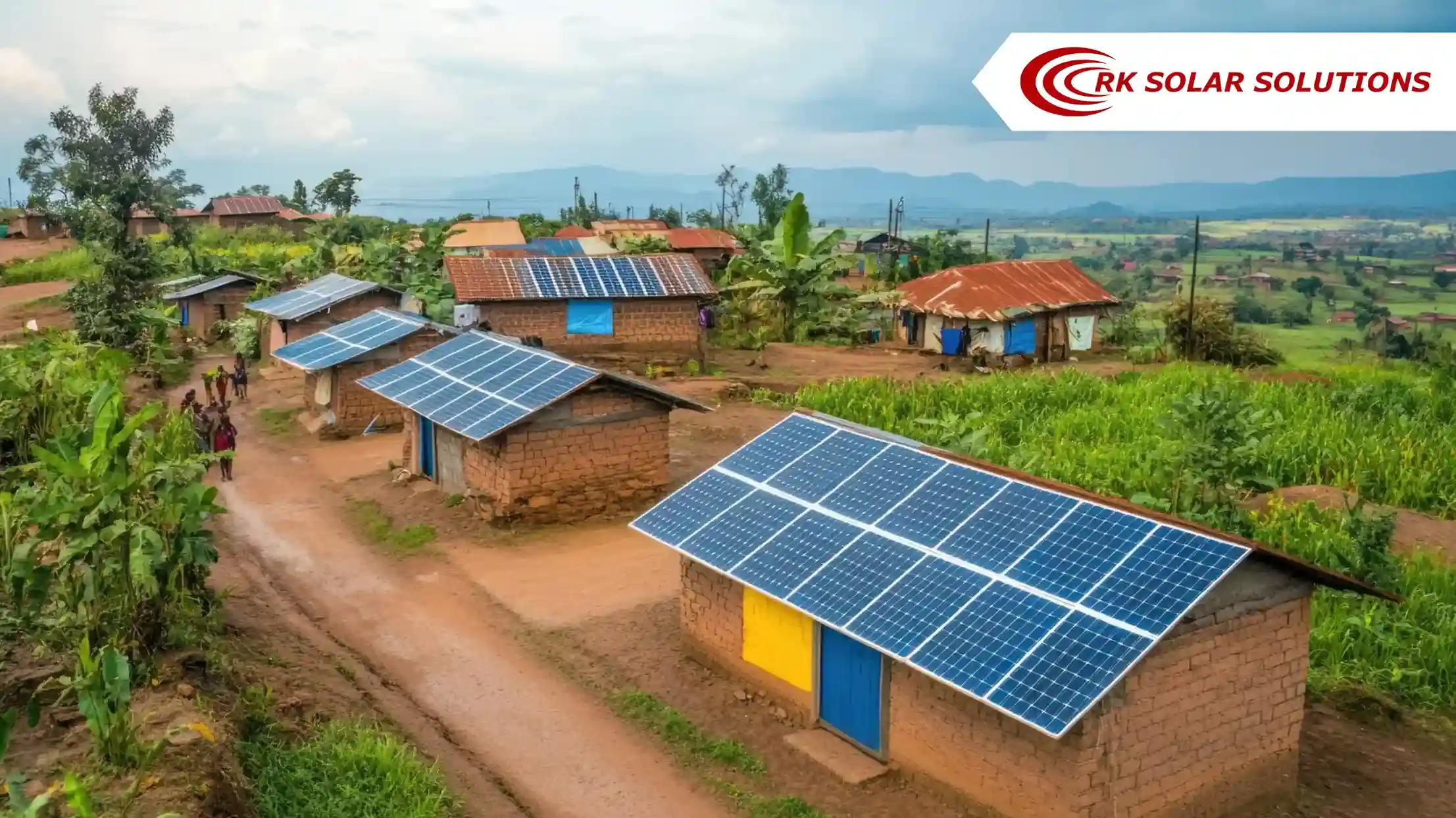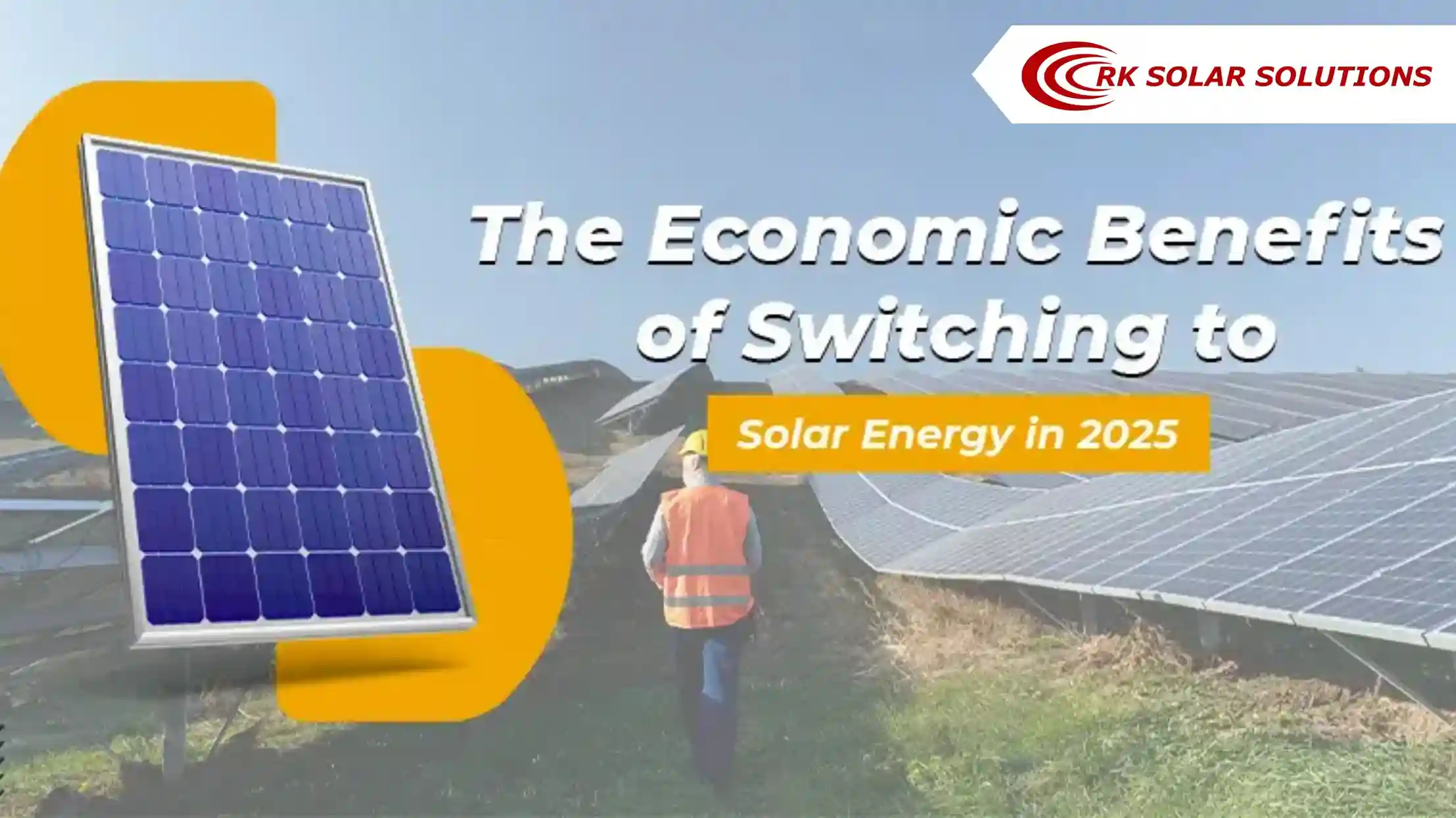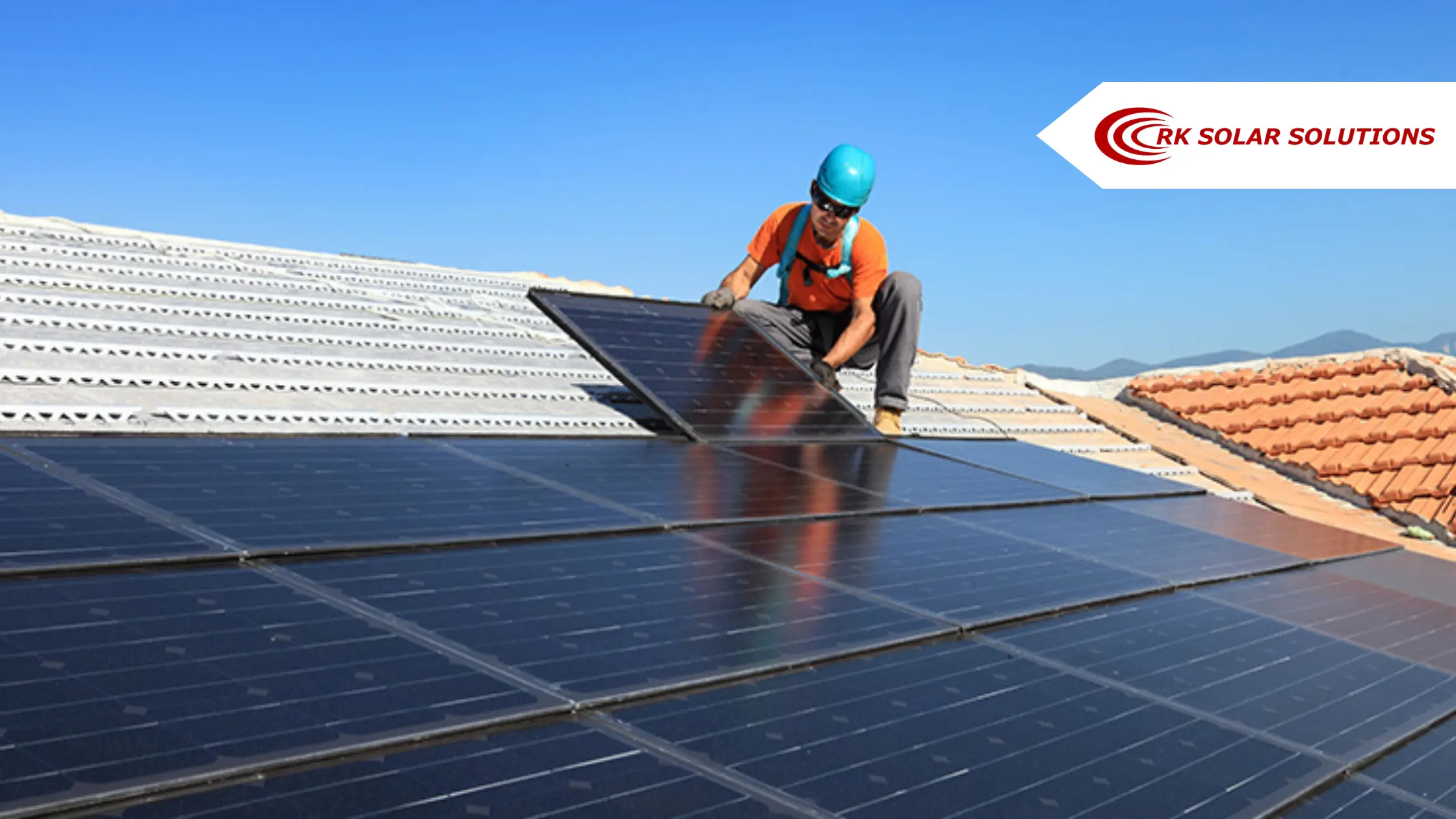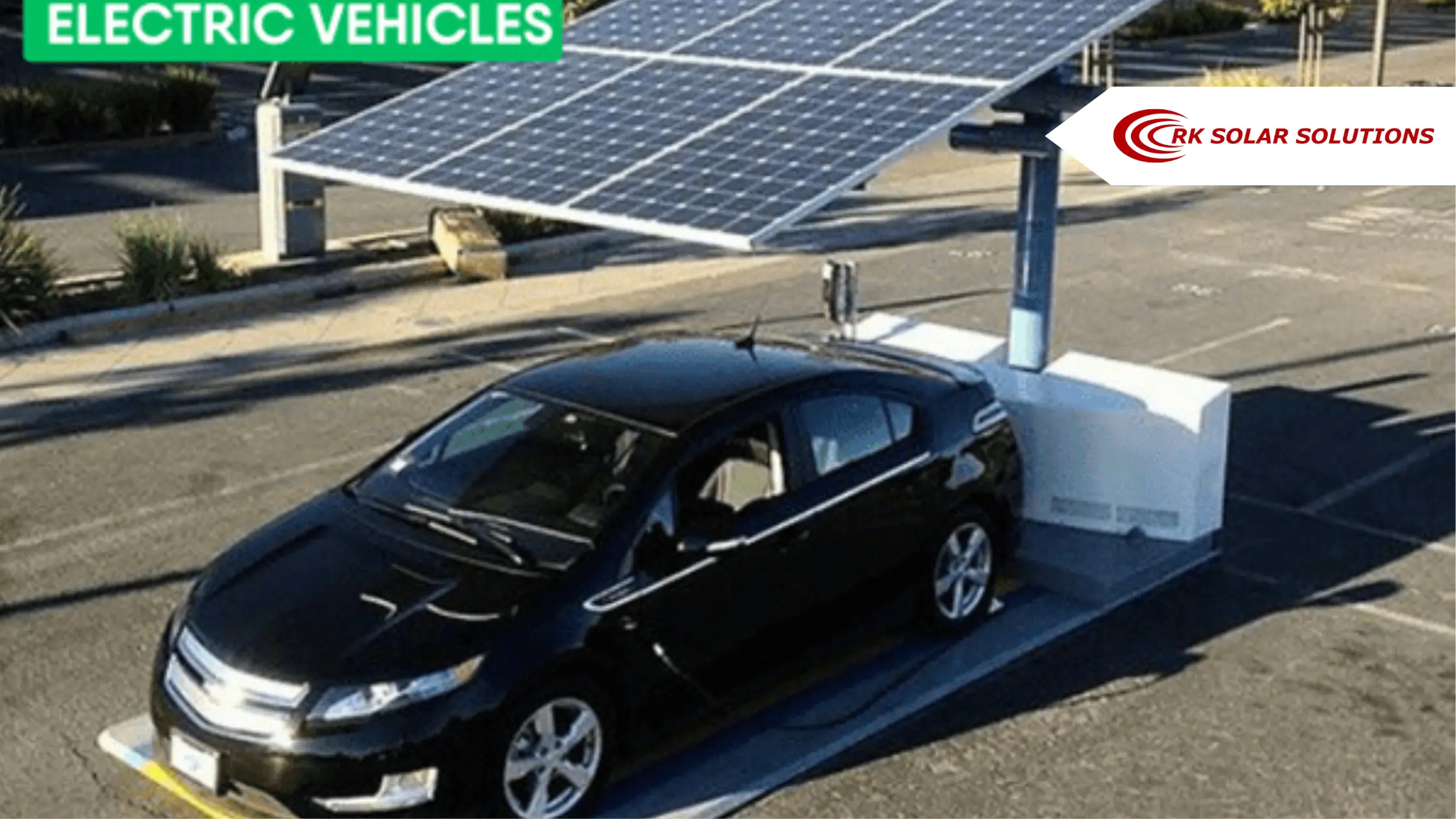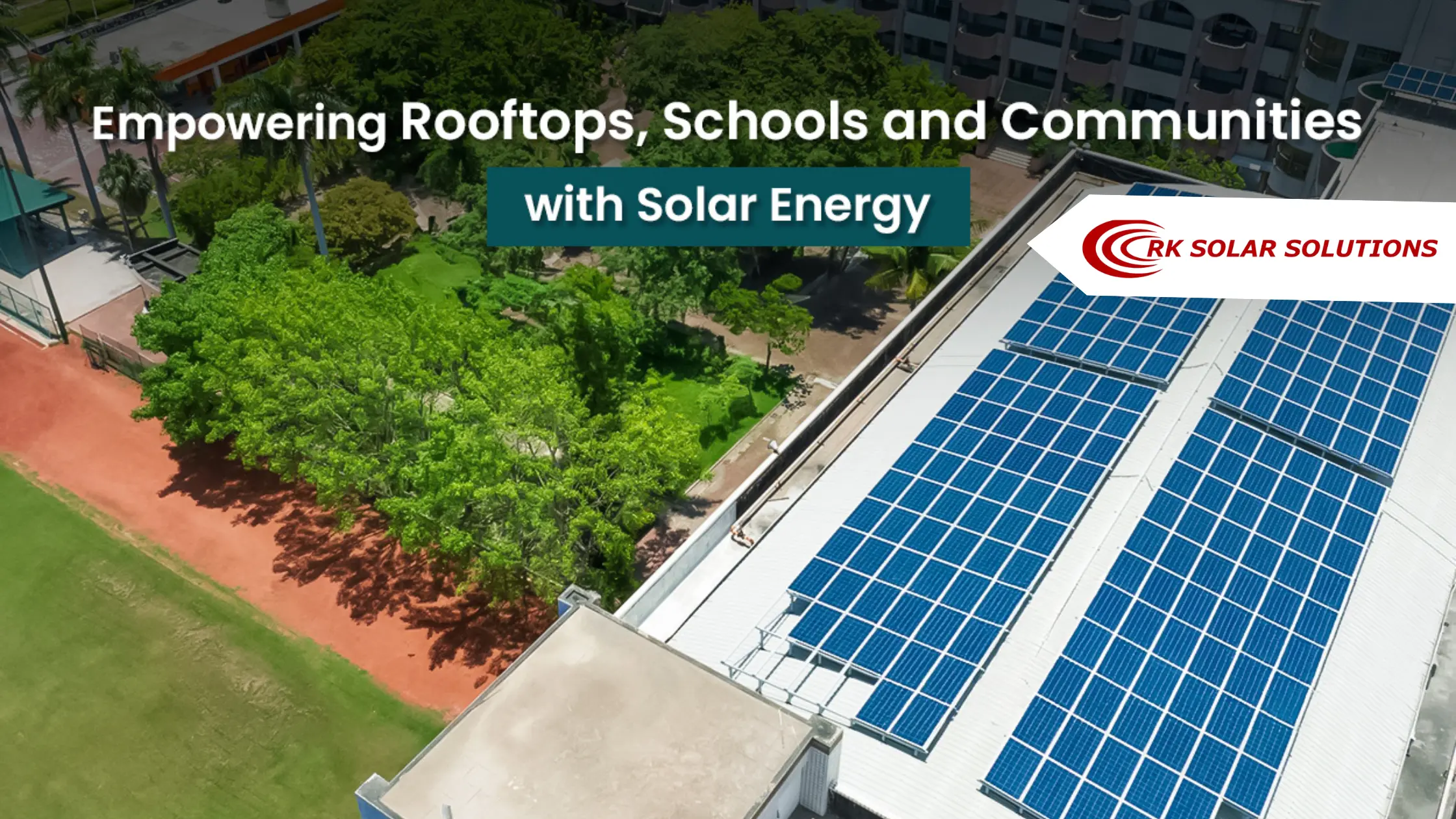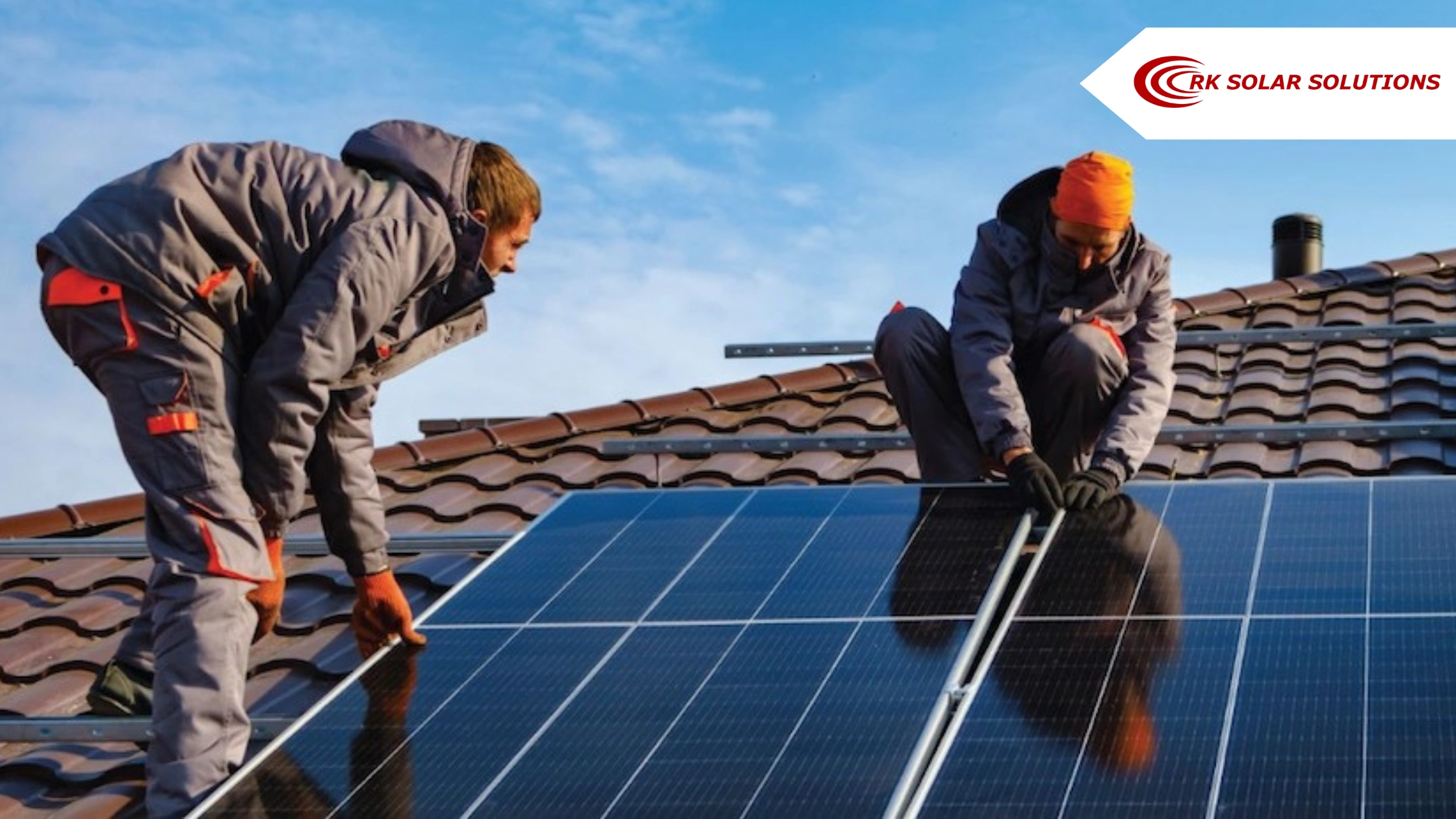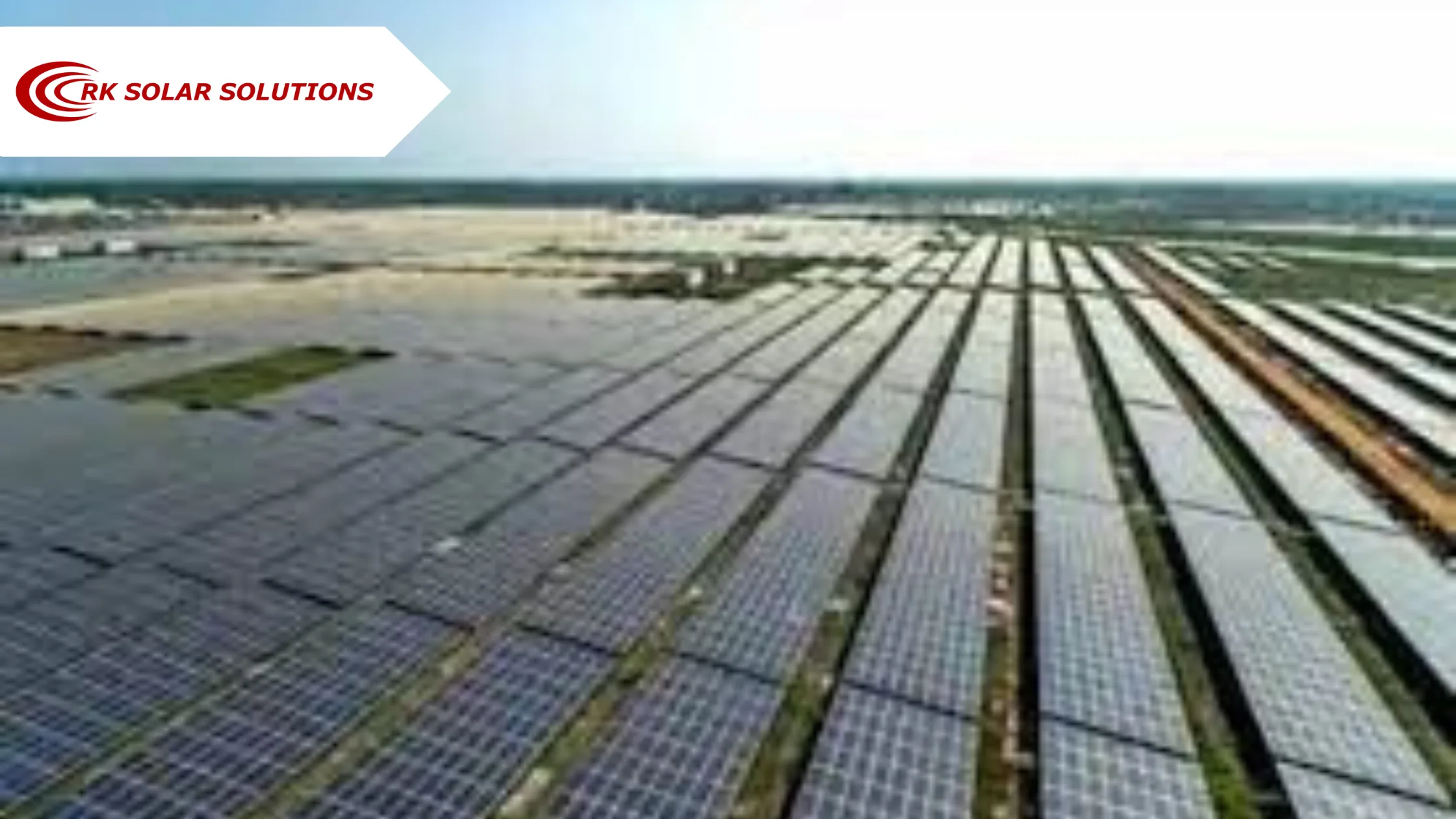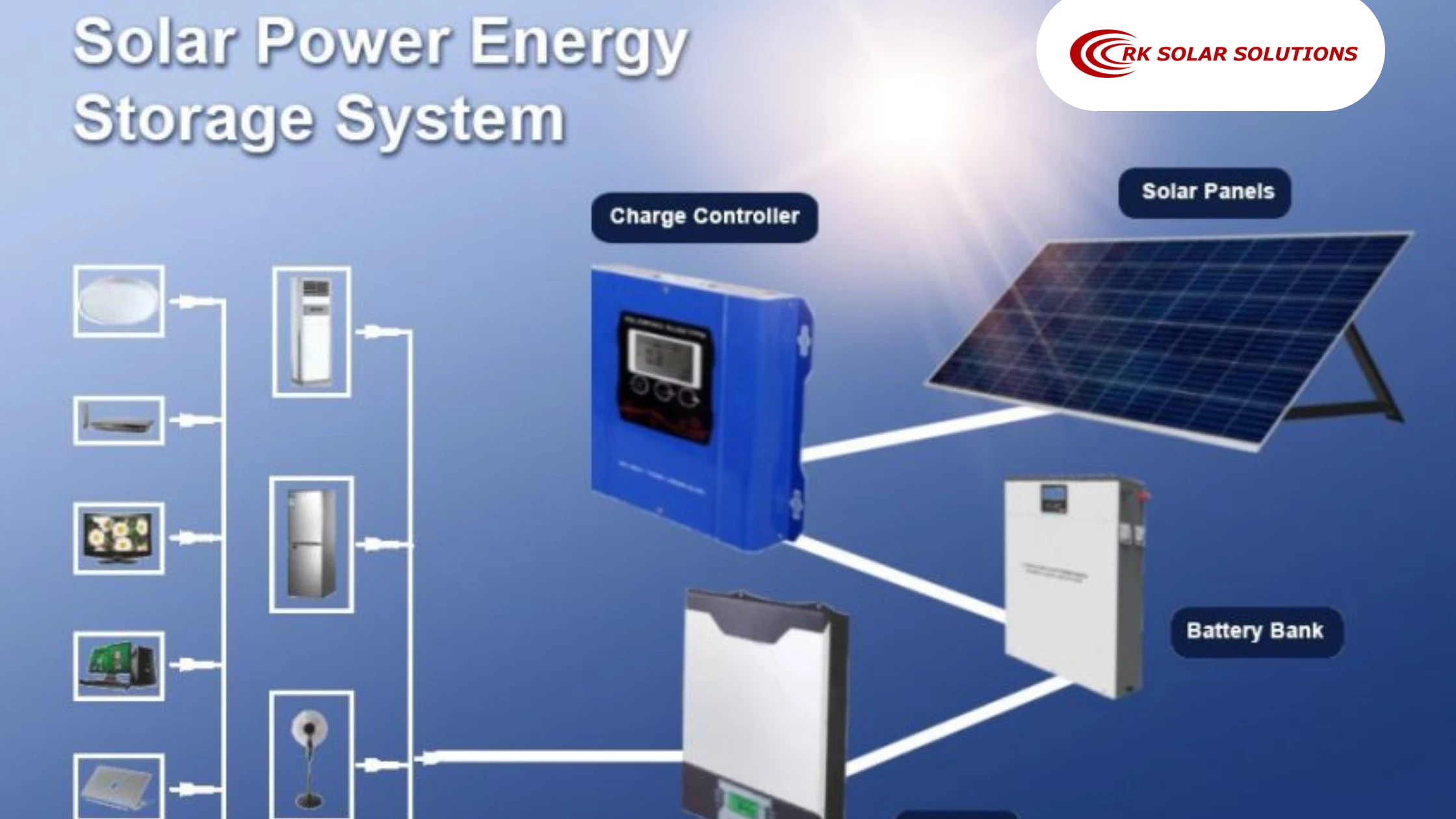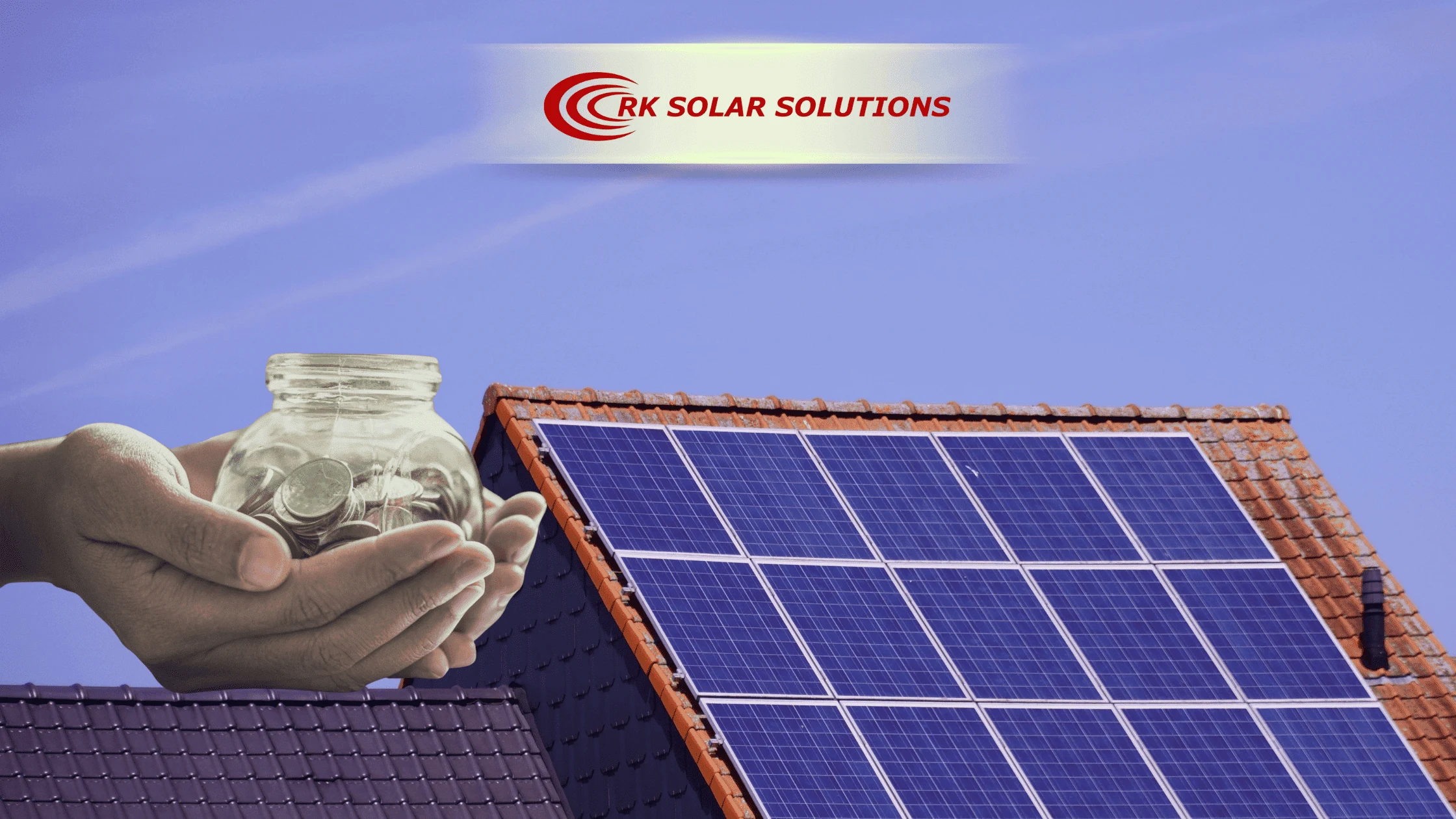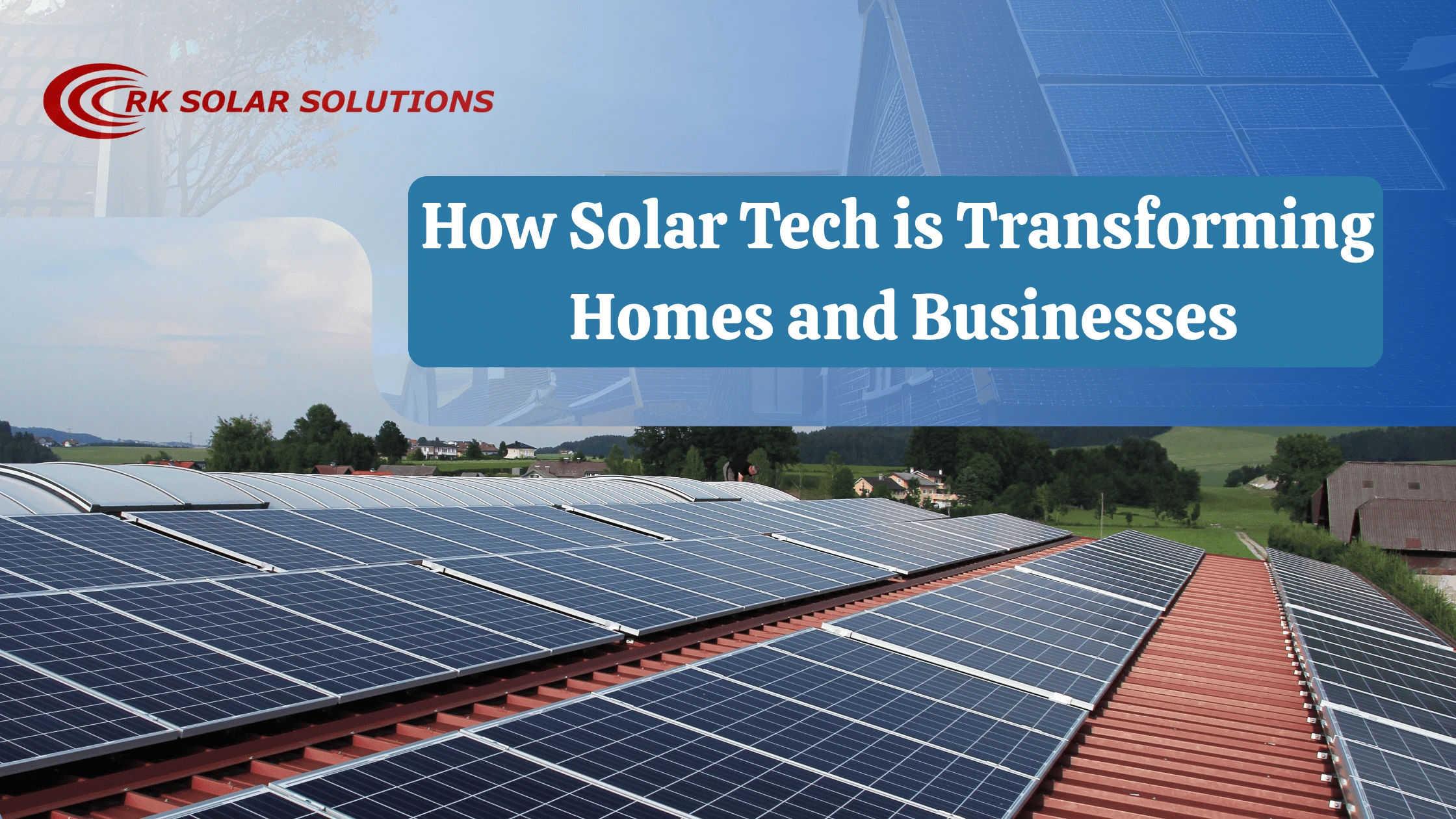Read Our Blogs
Solar Energy vs Traditional Electricity Cost Comparison
August 29, 2025
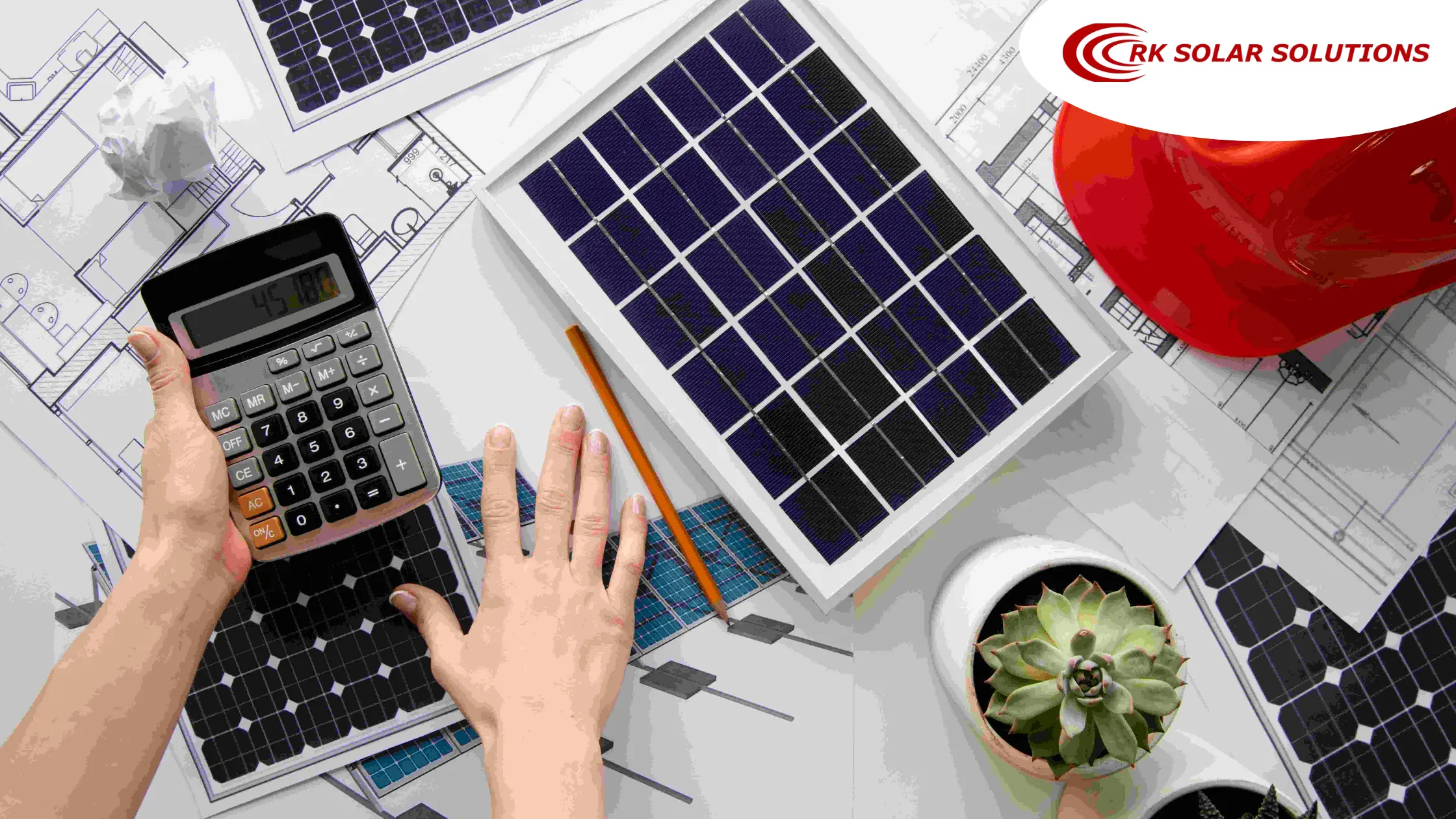
Human can never think of living without electricity in modern days. Electricity is necessary for powering everything from household home equipment to industries. In India and across the world, conventional strength has been largely generated from coal, natural gasoline, and hydropower. While those sources have supported monetary growth for many years, additionally they come with growing prices and environmental demanding situations. Besides, solar energy is emerging as a dependable, easy, and price-effective alternative. For homeowners, and businesses, Solar energy vs traditional electricity cost comparison vital in making informed energy selections.
Traditional Electricity: Costs and Challenges
Traditional strength in India is basically made from thermal strength plants the use of coal. This technique involves mining, transporting coal, and walking huge strength stations, all of which add to costs. While energy price lists range across states, the common residential fee levels from ₹6 to ₹nine in line with unit (kWh). For commercial or business use, the quotes are even higher, regularly between ₹8 and ₹12 per unit.
Average Residential Tariff: ₹6 – ₹9 per unit (kWh)
Commercial Tariff: ₹8 – ₹12 per unit
- ⚡ Fuel Price Volatility: Coal and herbal gasoline charges fluctuate in international markets, primary to unpredictable energy prices.
- ⚡ Transmission Losses: it is noticed that nearly 18–20% of electricity is out of place in transmission in India. This increases expenses..
- ⚡ Environmental Costs: Traditional energy causes huge air pollution. The price of mitigating these affects is not directly borne via way of society..
- ⚡ Rising Demand:With developing population and industrialization, strength call for is increasing, main to functionality shortages and tariff hikes.
Solar Energy: Its Costs and Paybacks
Installation of solar power can lead to several benefits. It gives huge price financial savings, as power from solar panels is absolutely unfastened after installation. Being a renewable and smooth electricity source, it reduces carbon emissions and dependence on fossil fuels. Solar structures additionally beautify strength independence, making sure dependable power throughout outages, especially with hybrid or off-grid setups.
These solar panels have a lifespan of 20–25 years. Hence investing in solar panel is a long-term investment. Moreover, installation of solar panels can develop property value. It helps in develoing a balanced environment and ecological living.
Solar energy is produced using photovoltaic (PV) panels to grab daylight. The largest cost issue for solar is the preliminary set up, which includes panels, inverters, wiring, and every now and then batteries. In India, an everyday 1 kW rooftop solar system fees ₹70,000 to ₹90,000 (approximately) generating round four gadgets in keeping with day.
Once set up, the electricity produced is sort of loose, as daylight is plentiful and limitless. Maintenance costs are minimal, confined at the entire to cleansing panels and occasional inverter servicing.
- 🌞 Low Operating Costs: After set up, energy technology fees almost no longer.
- 🌞 Government Subsidies:Up to 40% subsidy is available for small rooftop structures, decreasing the preliminary burden.
- 🌞 Net Metering: Homeowners with grid-tied systems can earn credit through offering extra power back to the grid.
- 🌞 Fixed Costs: Unlike traditional energy, solar electricity does not be afflicted by rising gas prices.
On common, the levelized fee of electricity (LCOE) from solar in India is expected at ₹3–₹4 regular with unit, heaps less expensive than conventional grid energy..
Solar energy vs traditional electricity cost comparison
- ⚡Initial Investment: Traditional power requires no in advance fee however results in non-stop bills. Solar wishes in advance installation but pays returned in five–7 years.
- ⚡Per-Unit Cost: Traditional: ₹6–₹nine in keeping with unit. Solar: ₹3–₹four per unit over panel lifespan.
- ⚡Monthly Bills: Traditional: Bills boom with tariff hikes. Solar: Nearly zero payments for 20–25 years.
- ⚡Long-Term Savings: Traditional: No savings, cumulative fees. Solar: Saves lakhs over decades.
Non-Monetary Benefits of Solar Over Traditional Power
- 🌍 Clean Energy: Solar panels generate clean energy and there is no greenhouse fuel emission. It also lowers environmental pollution
- 🔋 Energy Independence: : It reduces reliance on grid strength and fossil fuels.
- ⚡ Reliability: Hybrid or off-grid sun guarantees energy in the path of outages.
- 🏡 Property Value: Uses abundant daylight, a renewable and inexhaustible aid. Property Value: Homes with sun installations frequently have higher resale charge.
- 🛠️ Low Maintenance:Requires minimum protection in comparison to traditional strength infrastructure.
- 👷 Job Creation: Expanding solar industry generates employment possibilities.
- 🛡️ Future Proofing: Protects against rising gasoline charges and regulatory adjustments.
Conclusion
Solar energy vs traditional electricity cost comparison makes one fact clean: solar is greater rate-effective and sustainable ultimately. While conventional power comes with on-going payments, tariff hikes, and environmental harm, sun gives low-charge, dependable strength for many years. Many homeowners and business houses are switching to solar power to maintain a greener environment. Consumers can experience lower cost in electric consumption and it will make people to depend less on fossil fuels.
